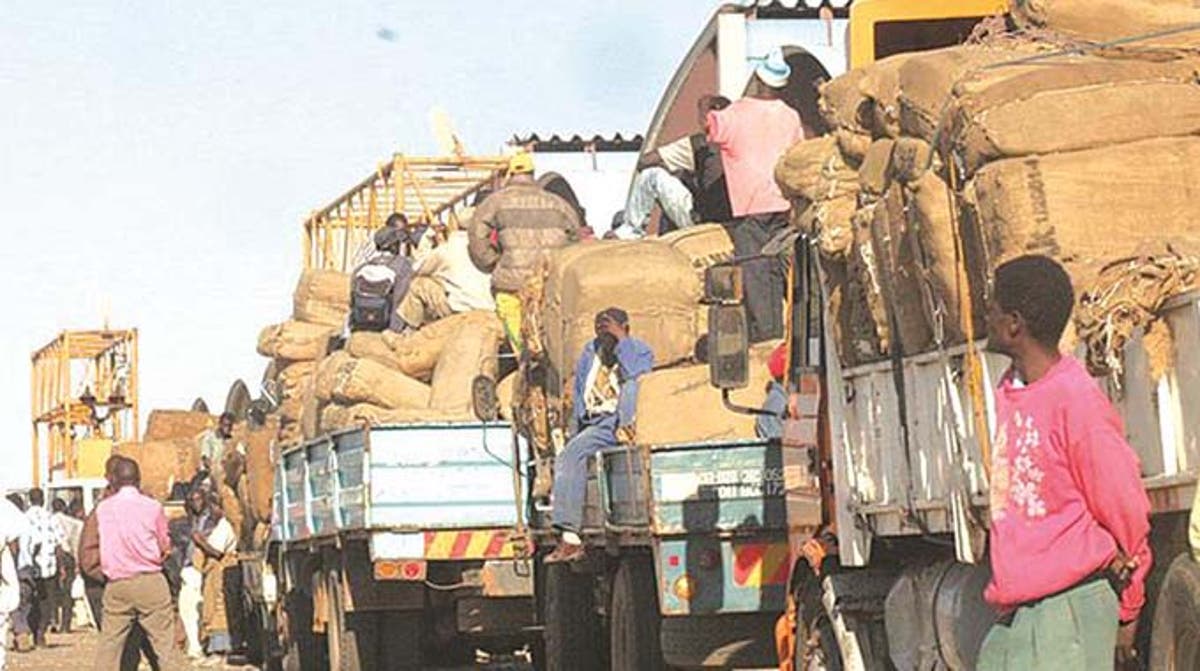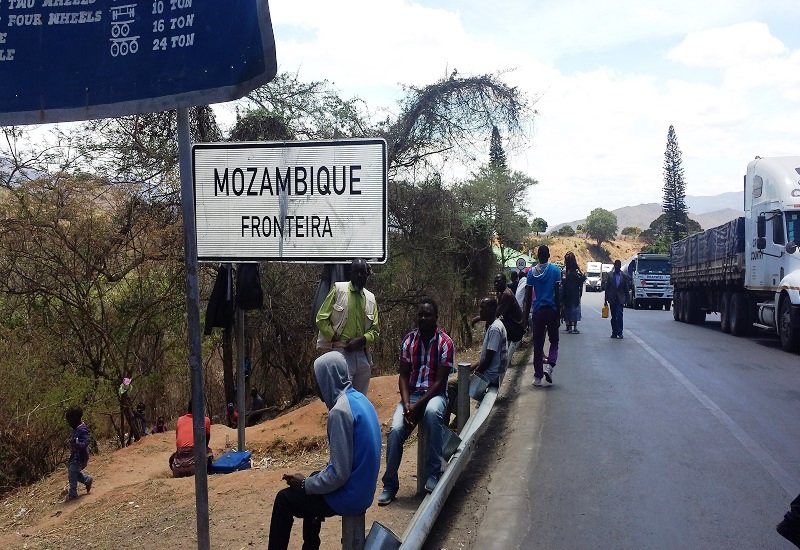Zimbabwe, Mozambique ink agreement to jointly manage BUPUSA basins
In a move aimed at ensuring sustainable and equitable use of shared water resources, Zimbabwe and Mozambique have agreed to jointly manage the Buzi, Pungwe and Save (BUPUSA) basins that flow between their borders.
The agreement, the Strategic Action Programme (SAP) for the BUPUSA, was signed at the first Ordinary Meeting of the Council of Ministers (BUPUSACOM) of the two countries in the capital on Monday and will guide the management of the Zambezi River system for the next 10 years.
“The management of Trans boundary water resources is a complex challenge that requires cooperation, coordination and commitment from all stakeholders,” said Lands, Agriculture, Fisheries, Water and Rural Resettlement Anxious Masuka.
Mozambique and Zimbabwe share at least five river basins or sub-basins, namely Limpopo, Zambezi, Pungwe, Buzi and Save.
The Buzi, Pungwe and Save basins, collectively known as BUPUSA, are exclusively shared by the two countries and drain into the Indian Ocean.
Populations in the BUPUSA Tri-basin are vulnerable to a combination of social, economic and environmental factors that interact with climate change, with most having the same underlying and root causes which are largely attributed to inappropriate resource use and practices.
The strategic action plan addresses a number of key issues, including improving water quality, developing critical infrastructure, and addressing the impacts of extreme weather events like floods and droughts.
It also lays the groundwork for Zimbabwe and Mozambique to collaborate on economic development opportunities tied to the river, such as in the agricultural and “blue economy” sectors.
Maintaining a healthy, well-managed Zambezi River system is seen as critical to supporting these economic activities in the long term.
“It is with this background, that I urge our two countries Zimbabwe and Mozambique to prioritize the implementation of the Strategic Action Programme (SAP) and National Action Plans (NAPs) as this will unlock financial support for the benefit of the three shared watercourses,” said Masuka.
The plan outlines a range of initiatives, from institutional development and infrastructure upgrades to water quality improvement and addressing the impacts of climate change.
Crucially, the plan establishes an institutional framework to oversee the planning, development, and management of the shared resources. – News Ziana










